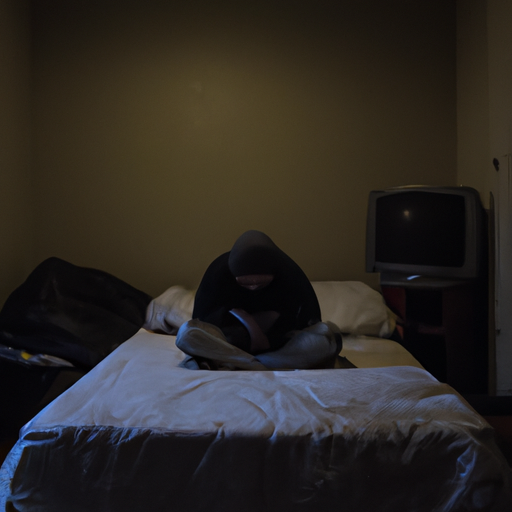Addressing the Canadian Opioid Crisis: A Call for Expanded, Dignified Treatment in British Columbia
In the ongoing opioid crisis in Canada, headlines continually spotlight the rising death toll and societal impact, with incredibly high rates noted especially in British Columbia (BC). I recently came across an article on CityNews that had some crucial insights into this critical issue.
The Scale of the Problem
According to the referenced CityNews article, the opioid crisis in British Columbia has caused devastating losses, with 8,000 people lost to overdose between January 2016 and December 2022. This alarming figure highlights the intense and urgent need for more effective intervention strategies – particularly those that are comprehensive and respectful of the people most affected.
The Disproportional Impact on the Homeless Demographic
The societal and economic factors contributing to the opioid crisis do not spare any demographic; however, it significantly impacts the homeless population. Heightened risks such as exposure, lack of harm reduction services, and limited access to health care are contributing factors, exacerbating the crisis.
Efforts to Combat the Crisis
BC’s response to the opioid crisis is comprehensive involving different directives and solutions spearheaded by various organizations and agencies. Here are a few mentioned in the article:
- Availability of naloxone: Naloxone, a life-saving drug, has been made more accessible to the public and frontline health workers to counter opioid overdoses. However, while naloxone can reverse an overdose, it is a reactive instead of a proactive solution.
- Opioid class action: A national opioid class action has also been proposed, involving municipalities across Canada suing opioid manufacturers and distributors for their role in the crisis.
- Increasing Safe Consumption Sites: The province has increased the number of Safe Consumption Sites where individuals can take drugs under the supervision of health professionals. This harm reduction strategy has shown to reduce the risk of fatal overdoses and transmission of diseases like HIV or Hepatitis C.
Need for More Dignified Care
Health experts believe that the aforementioned efforts, while beneficial, may not be sufficient in comprehensively addressing the opioid crisis. The CityNews article mentions a health expert’s suggestion that the focus needs to shift towards expanded, dignified treatment.
Dignified treatment means to respect each person’s individuality and choices while providing support, creating a therapeutic relationship with patients and involving them in decision-making processes about their care. This approach encourages a sense of autonomy and realization of rights, potentially leading to better engagement and outcomes.
Looking Ahead
The opioid crisis in Canada and particularly in BC, with its complex interplay of public health, societal issues, and policy, requires a comprehensive, user-centred approach. This involves serious introspection into preventative and corrective measures implemented so far and their effectiveness. An emphasis on dignified care in treatment facilities is integral to providing supportive care for those affected by the crisis.
In Summary
Concluding, it is clear that the opioid crisis in BC and Canada as a whole is an issue in need of urgent attention and action. Adequate combat strategies involve not just the regular distribution of naloxone or safe consumption spaces but a shift towards more dignified treatments. Incorporating respect for individuality and choices in health care dealings can lead to better engagement and positive outcomes in the fight against this crisis.
Remember, the goal should be not just to manage the opioid crisis, but to create an environment where every individual in society, regardless of their current circumstances, has a real opportunity to live a life of dignity and fullness.
